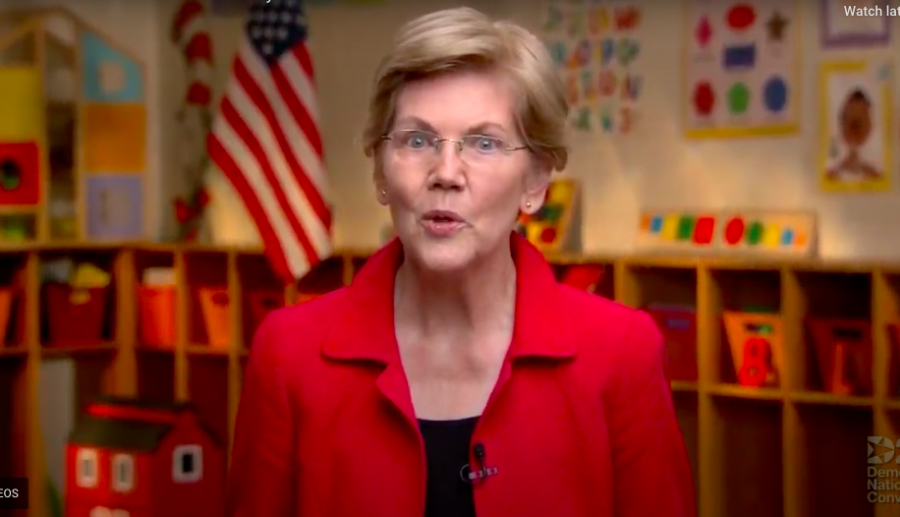Democratic presidential candidate Sen. Elizabeth Warren announced April 22 a plan to make two-year and four-year public universities free from tuition and fees. While this proposal would open up educational opportunities to a wider demographic, candidates like Warren should consider the drastic enrollment declines that private nonprofit schools like Marquette would experience. These universities can provide unique benefits for low-income students that free tuition plans aim to help the most, such as smaller class sizes and higher graduation rates.
Politicians are justified in attempting to reverse the increasing cost of higher education. Student loan debt reached more than $1.56 trillion by the end of 2018, according to Federal Reserve Data. Additionally, average sticker prices have tripled for public four-year schools and doubled at private nonprofit schools over the last decade, according to College Board. These prices have caused concern for many American voters, as a 2018 Pew Research survey found that 90 percent of Americans said college affordability is a very big or moderately big problem.
Warren’s plan responds to these extreme costs by making two-year and four-year public colleges tuition-free. To pay for the plan, she proposed a 2 percent annual tax on families with $50 million or more in wealth. The plan aims to make education available to every American, “especially lower-income, Black and Latinx students,” according to her campaign website.
Given that the benefits of this plan would only be available to students who attend public schools, private universities like Marquette would become significantly less attractive. Researchers at Georgetown University recently found that enrollment at private colleges would decline 7 to 15 percent for a policy that would make public universities free for families making less than $125,000 per year, with less selective schools experiencing the worst effects. This decline would likely be even more drastic under Warren’s proposal, which has no cap on family income, offering free public university tuition to an even greater audience. The loss of university income could also lead to cutbacks on new educational programs and faculty hires.
This decline is especially concerning because private nonprofit universities offer many benefits for the low-income students. Research done in 2016 at the University of Colorado Boulder found that smaller classes improve educational outcomes across education levels, especially for low-income and minority students. Marquette has a student-to-faculty ratio of 14:1, which is significantly lower than several of Wisconsin’s major public universities like University of Wisconsin-Madison, University of Wisconsin-Lacrosse and University of Wisconsin-Milwaukee, whose ratios range from 17:1 to 20:1, according to each school’s website.
Private nonprofit universities also appear to be more effective at increasing the likelihood of graduation for low-income students. Policy think tank Third Way recently studied the graduation rates of students who receive Pell Grants, the federal government’s main form of financial aid for low-income students. It found that after six years, 49 percent of Pell recipients earned a bachelor’s degree at a public university. However, this number increased to 55 percent at private nonprofit universities, which enrolled a similar number of Pell recipients as public schools did.
Instead of offering free public tuition, candidates should increase college affordability by expanding programs like the Pell Grant system. The maximum Pell Grant for the 2017-’18 school year was $5,920, which is only five percent higher than it was 40 years ago in inflation-adjusted dollars, according to College Board. While the cost of university continues to rise, the value of Pell Grants hasn’t kept pace. Drastically expanding this program would increase college affordability for the students who need help most while limiting a negative impact on private universities.
Politicians like Warren should continue to devise policies that increase college affordability. However, free public tuition would significantly hurt private nonprofit universities like Marquette.





